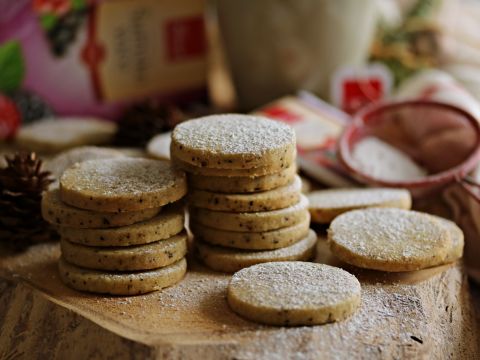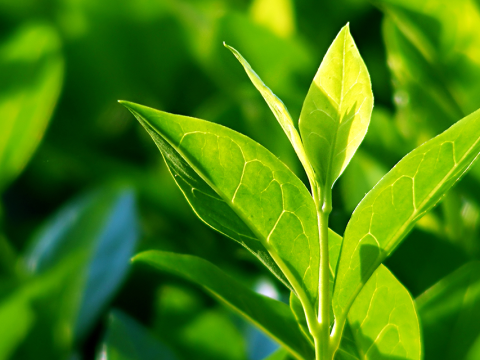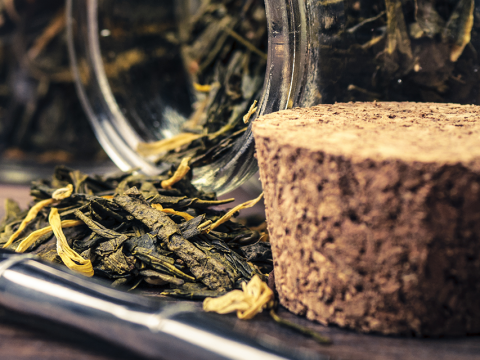Tea is one of the widely consumed beverages in the world. Widely distributed, and yet still mysterious, tea awakens thousands of questions. If you have just set off on your tea adventure, you have certainly asked yourself some of the following questions.
Does tea contain caffeine?
Every tea made from the Camellia sinensis plant contains caffeine, regardless of the type of tea. Herbal teas and fruit teas, which are actually infusions, do not contain caffeine. There are some plants that contain caffeine and have a very stimulative effect, such as guarana, yerba mate and guayusa. Even herbal tea can contain a certain amount of caffeine, though this amount is almost negligible in comparison to black teas. The quantity of caffeine in tea varies by type of tea, and so some green teas can have more, and others less. Caffeine in tea is called theine, though this is actually the same compound.
Can tea be reheated?
Tea should never be reheated. If you prepare tea and then forget about it, it is better to put it in the fridge or add a cube of ice to it, to chill it completely. However, if your tea has been sitting for several hours, it is better just to pour it out and prepare a fresh batch, especially if this is green tea or white tea.
How many types of real tea are there?
There are countless types of tea. Each falls within one of the six basic categories of tea (white, yellow, green, oolong, black, fermented), which again contain many subcategories, and each subcategory contains hundreds of types, depending on the place it is grown and the time of harvest, the production process, quality and form of leaves. In addition to the standards that need to be maintained during the production of known types, plantations often take the liberty of creating new tea blends.
Where is tea made?
Tea is produced around the world. Tea, either in the form of herbal materials or teas from the plant Camellia sinensis, can be found on virtually all the continents. Plantations of real tea are not only found in Asia and Africa, but also in Europe, Australia, New Zealand and North America. Latin America is well known for its herbal teas, such as yerba mate, which thanks to its caffeine and antioxidant content, is a very good substitute for coffee, just like real tea.
How can tea effect weight loss?
You've probably heard many times that tea has an effect on weight loss. Can tea really influence our kilograms? The answer is both yes and no. Tea contains compounds that can help in weight loss, but the end result will always depend on a healthy diet and healthy and active lifestyle. The healthiest tea is the one you enjoy drinking.





